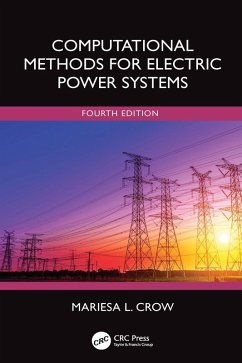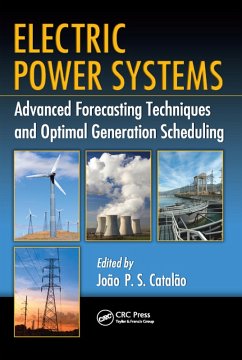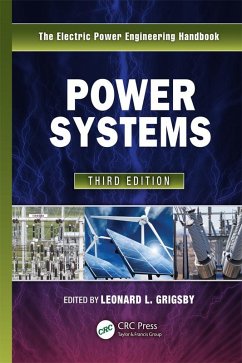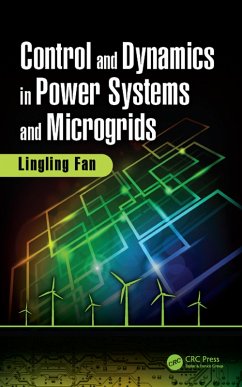"This book analyzes the most relevant mathematical tools for power system analysis. It is well written, well balanced, and treats the mathematical issues with a good degree of rigor and clarity. The numerical examples are illustrative and useful. ... I'm considering to adopt this book for my course, since it condenses in a unique reference the mathematical backbone of the most important power system analysis tools."
-Alfredo Vaccaro, University of Sannio, Benevento, Italy
"This book fits well into my short circuit analysis course (ECE610). ... The textbook flows, and it is a good reference book even if it is not used as a textbook. ... This book is a must for any power systems faculty. ... This textbook can be a great
complement to other textbooks that do not cover the material in depth. The sequential examples presented make this book quite friendly to the students."
-Bruno Osorno, California State University, Northridge, USA
"... presents a nonconventional approach to teach or understand power system analysis: mathematics first, then each topic is related to power system applications. ... This approach is ideal for researchers and graduate students, and can immediately lead them into the power system field. ... Algorithms, however sophisticated, are explained with clarity, along with numerical examples to help the reader get the point."
-Lingling Fan, University of South Florida, Tampa, USA
"... an excellent combination of topics regarding computational aspects and numerical algorithms for power system analysis, operations, and control. ... very useful for me to teach ECE530 [on analysis techniques for large-scale energy systems]."
-Hao Zhu, University of Illinois, Urbana-Champaign, USA
"... an excellent textbook ... for a graduate-level course in electric power engineering. ... covers a broad range of topics related to computational methods for power systems. ... contains very good problems for students' homework. I highly recommend this book for graduate teaching in electric power."
-Fangxing Li, University of Tennessee, Knoxville, USA
"This book is complete in respect to the tools used for power system engineering. ... It is compact and nicely written. ... Many commercial packages are available in the market. They are just used in input-output form. Students never get the feeling of the methods used inside. It is required to understand the methods. [Thus,] this book is very useful."
-Professor SN Singh, Department of Electrical Engineering, Indian Institute of Technology Kanpur















